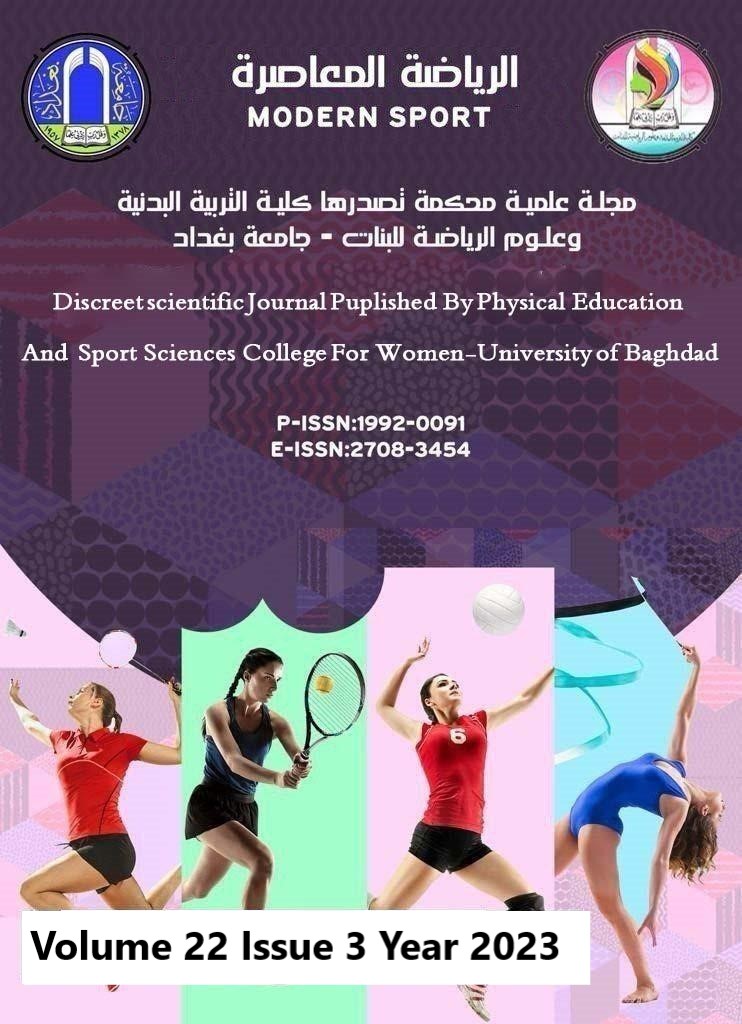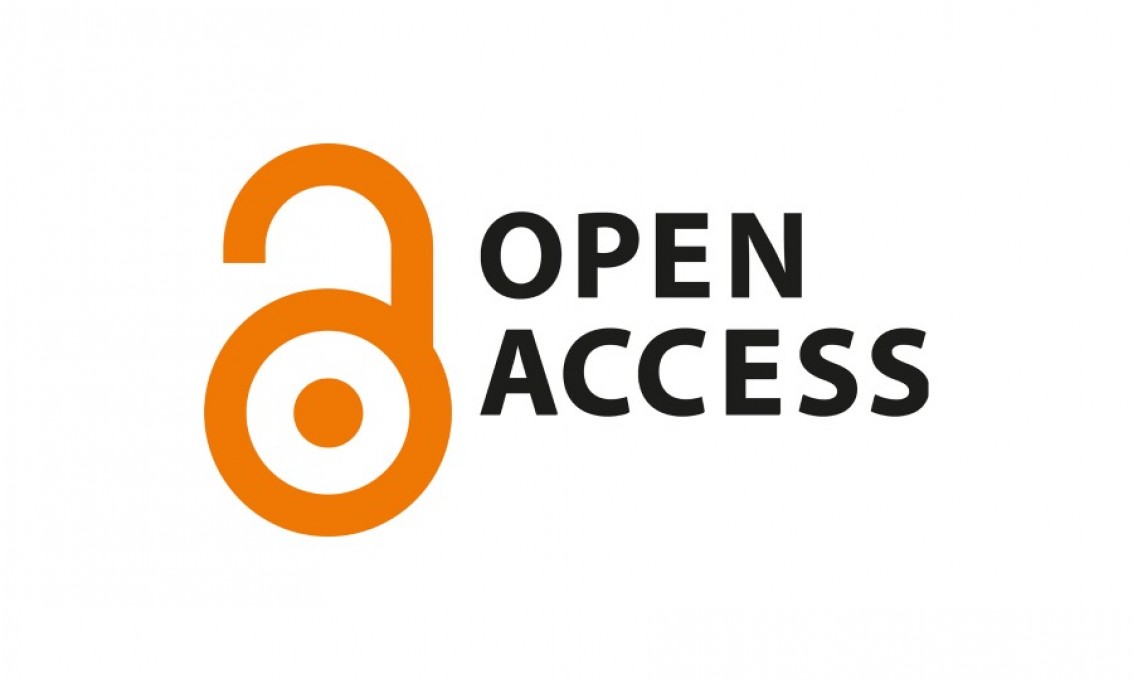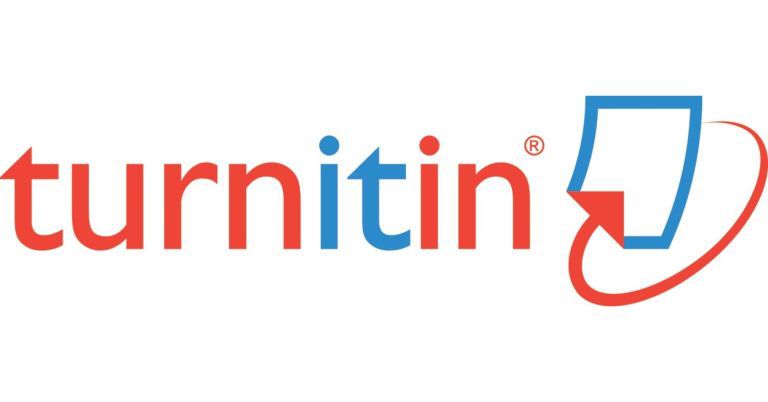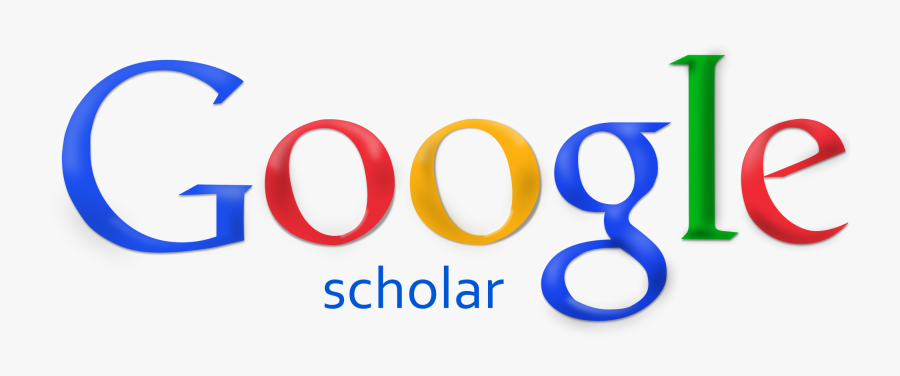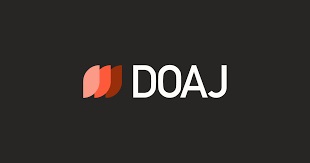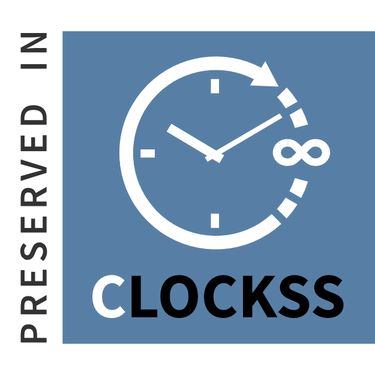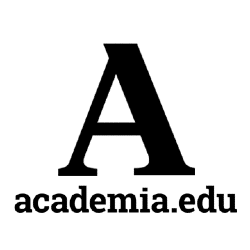The Effect of Fair Inquiry on Holistic Thinking and Learning the Skill of Underhand Serving in Volleyball for Female Students
DOI:
https://doi.org/10.54702/ms.v22i3.1127Keywords:
Fair inquiry, holistic thinkingAbstract
Fair inquiry is one of the strategies that stimulate and develop learners' thinking abilities by placing them in problem situations; to search for solutions using a scientific approach. The significance of research relying on fair inquiry has emerged in enhancing holistic thinking and learning the underhand serving skill in volleyball. The problem addressed in the research is the students' weakness in learning the underhand serving skill in volleyball using their hands from below. The research seeks to develop educational units using fair inquiry in practical volleyball lessons and to determine the effect of the fair inquiry on enhancing holistic thinking and learning the underhand serving skill for female students. The researchers assume that there are statistically significant differences in the pre-test and post-test results of holistic thinking and learning the underhand serving skill in volleyball, specifically between the experimental group and those in the control group. They also assume that there are statistically significant differences between the results of tests measuring comprehensive thinking and learning the performance of the underhand serve in volleyball post-tests between the experimental and control research groups. The experimental approach was adopted, involving the design of both the experimental and control groups from a sample of third-stage students from the Department of Physical Education and Sports Sciences at the College of Basic Education/University of Diyala for the academic year (2021/2022) who are regularly attending volleyball classes. A random sample of (30) students was selected, representing (85.714%) of the population, and they were divided equally into two groups based on the requirements of the experimental design. After determining the performance skill tests and implementing the strategy with the experimental group for a continuous period of (8) weeks, the results were statistically analyzed using the SPSS software. The conclusions and recommendations are that the elements of the fair inquiry can apply in practical lessons for learning volleyball skills in the Department of Physical Education and Sports Science at the College of Basic Education. Implementing fair inquiry into volleyball lessons can enhance holistic thinking and underhand serving abilities, outperforming the improvements in students who learn without it. Furthermore, it is essential to pay attention to the development of the capabilities of volleyball teachers in the Department of Physical Education and Sports Sciences at the College of Basic Education and to improve their knowledge of fair inquiry to apply it in practical lessons according to its stages and components, and to properly employ it in these lessons
References
Adel Abu El-Ezz et al. (2009). General Teaching Methods, Contemporary Applied Treatment. Amman, Dar Al-Alam Al-Thaqafah for Publishing and Distribution.p:78
Abbas Fadhil Jawad & Abaas Ali Athaab (2021). Analytical study of Spiking and Its Relation with Tactical Performance of Blockers in Iraqi Volleyball Primer League (2020 – 2021). Journal of Physical Education, Volume (33), Issue (4), p:208
https://doi.org/10.37359/JOPE.V33(4)2021.1226
Adnan Youssef Al-Atoum. (2004). Cognitive Psychology- Theory and Application. Amman, Dar Al-Maysara for Publishing, Distribution and Printing.p:143
Ahmed Ouda Al-Qurarah & Hakam Ramadan Hajjah. (2013). The effectiveness of a program based on blended learning in teaching science on the academic achievement of ninth-grade students and the development of metacognitive skills. Journal of Educational and Psychological Sciences, Volume 14, Issue 2.p:45
Aya AL-Rammahi & Hasnaa Sattar. (2022). The Effect of Court Angles Strategy (Educational Corners) On Learning and Retaining Forehand in Tennis for Students. Journal of Physical Education, Volume (34), Issue (3).p:382
https://doi.org/10.37359/JOPE.V34(3)2022.1294
Farid Kamel Abu Zeina. (2003). School Curricula and Teaching (2nd Edition). Al-Falah Library for Publishing and Distribution, Amman.p:61
Ibrahim Al-Harthy and Abdullah Saadi. (2016). The effect of using thinking on knowledge control in science among seventh-grade students. Master's Thesis, Muscat.p:52
Kariman Mohamed Bdeir. (2010). Active Learning. Amman, Dar Al-Masirah for Publishing and Distribution.p:39
Mohamed Elsayed Ali. (2011). Modern Trends and Applications in Curricula and Teaching Methods (1st Edition). Amman, Dar Al-Masirah for Publishing and Distribution.p:25
Mohammed Hassan Allawi & Osama Kamel Rateb. (2017). Contemporary Trends in Scientific Research for Physical Education and Sports Sciences. Cairo, Dar Al-Fikr Al-Arabi.p:242
Mohsen Ali Attia. (2016). Learning Patterns and Modern Models. Amman, Dar Safa for Publishing and Distribution.p:31
Najla Abbas et al. (2012). Basic principles of volleyball skills and methods of learning. Iraq, House of Books and Documents.p:155
Najwa Abdel Rahim Shaheen. (2012). Fundamentals and Applications in Curriculum Science. Cairo, Cairo Publishing House.112
OCDE. (2012). Comprendre le cerveau: naissance d’un science de l’apprentissage.p: 240 http://www.keepeek.com/Digital-Asset-Management/oecd/education/comprendre-le-cerveau-naissance-d-une-science-de-l-apprentissage_9789264029156-fr
Radi Al-Waqfi et al. (1998). Introduction to Psychology. Amman, Princess Tharwat College.p:111
Saeed Jassim Al-Asadi & Marwan Abdul Majeed Ibrahim. (2003). Educational guidance, its concept, characteristics, what it is. Amman, Dar Al-Thaqafa for Publishing and Distribution.p:32
Teeba Hashim Adham, & Nihad Mohammed Alwan. (2021). Organizational performance of the sports activity supervisors in the Director of the Verses of Education throughout Iraq except Kurdistan region. Modern Sport, 20(2), 0091. https://doi.org/10.54702/msj.2021.20.2.0091
Saleh Muhammad Ali Abu Jado. (2001). Educational Psychology. Amman, Dar Al-Masirah for Publishing and Distribution.p:21
Musa Al-Halfi & Intisar Audah (2020). Holistic thinking. Baghdad, Al-Ameer Office for Printing and Publishing.p:117
Dania Salman Hassan, & Nihad Mohammed Alwan. (2023). Efficiency of cognitive representation of information and its role in the power of cognitive control to perform the skill of crushing hitting with volleyball. Modern Sport, 22(1), 0006. https://doi.org/10.54702/ms.2023.22.1.0006
Afaf Abdullah, Nihad Mohammed and Najlaa Abbas. (2015). Analysis of student and teacher performance time and its relationship to learning the skill of shooting handball. Modern Sport, 14(2). P:120
https://jcopew.uobaghdad.edu.iq/index.php/sport/article/view/193
Luma Sameer & Saya Sami. (2020). Mental motivation and its relationship to the performance of the skill of receiving the transmitter in volleyball. Modern Sport, 19(4), 0039.
https://doi.org/10.54702/msj.2020.19.4.0039
Sahab Ismaeel, & Njlaa Abbas. (2022). Analytical study of psychological adjustment for physical education colleges and sports sciences in Baghdad when used by electronic education. Modern Sport, 21(1), 0060.
https://doi.org/10.54702/msj.2022.21.1.0057
Safa A. Sadiq, & Najlaa A. Nseif. (2022). The relationship of three-dimensional intelligence to cognitive achievements in the subject of teaching methods. Modern Sport, 21(4), 0001. https://doi.org/10.54702/ms.2022.21.4.0001
Sawsan J. & Najlaa A. (2021). The reality of psychological defense deception among students practicing sports in the faculties of physical education and Sports Sciences/Baghdad University. Modern Sport, 20(4), 0056.
Downloads
Published
Issue
Section
License
Copyright (c) 2023 Modern Sport

This work is licensed under a Creative Commons Attribution 4.0 International License.
